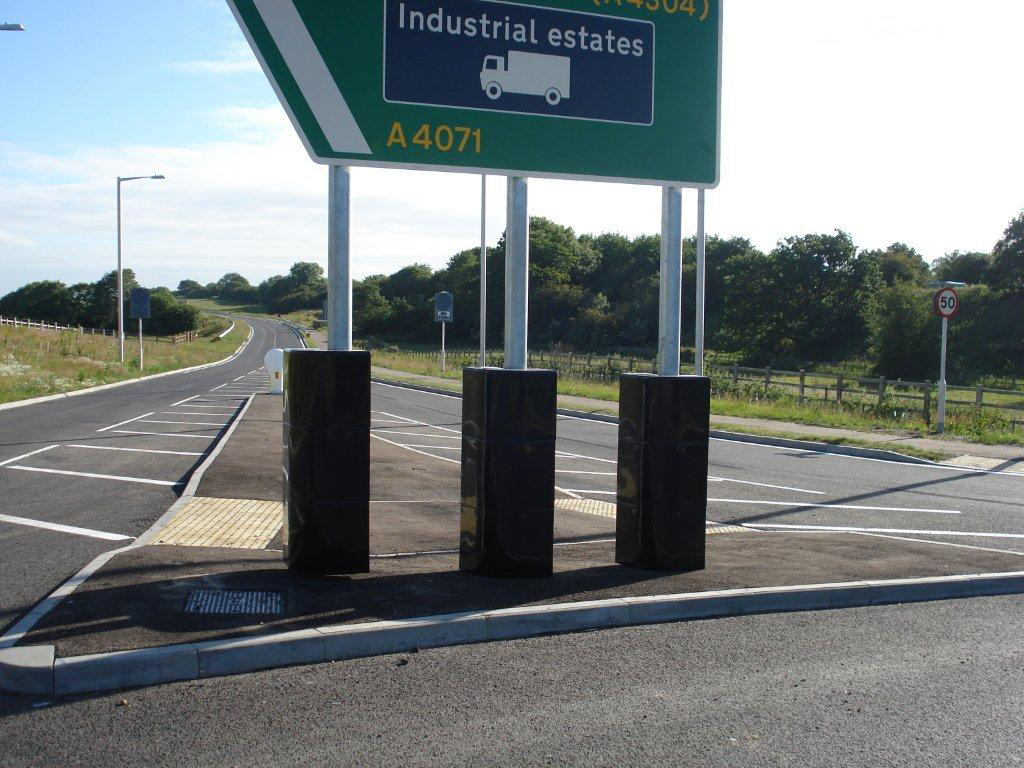More than 20 new motorcycle helmet safety ratings have been published by UK Road Safety Minister Mike Penning.
More than 20 new motorcycle helmet safety ratings have been published by UK Road Safety Minister Mike Penning.
The ratings, which were unveiled ahead of extended holidays in the UK, take the total number of helmets rated by SHARP (the3495 Safety Helmet Assessment and Ratings Programme) to 247.
All helmets must meet minimum legal safety standards but the SHARP scheme uses a wider range of tests to provide riders with more information on how much protection a helmet can provide in a crash.
The objective advice, which includes important guidance on how to select a good fitting helmet, helps riders to choose the safest helmet suitable for them.
The SHARP tests award ratings of between one and five stars and show that the safety performance of helmets can vary by as much as 70%.
With helmets across a wide price range scoring highly, all riders should be able to find a high-performing helmet in a size and style that fits them and at a price they want to pay, says the Minister.
The SHARP website (%$Linker:External 0 0 0 oLinkExternal www.direct.gov.uk/sharp Sharp Website http://www.direct.gov.uk/sharp false false %>) was re-developed in response to feedback from motorcyclists and the motorcycle industry and has increased in popularity since it was re-launched last year.
Motorcyclists represent approximately 1% of UK traffic yet account for 21% of the casualty base: 472 motorcyclists died on UK roads in 2009. Accident studies show that approximately 80% of motorcyclists killed and 70% of those with serious injuries sustain head injuries. There has been widespread criticism of the SHARP safety rating system from within the motorcycle sector however, saying that it is merely attempting to address the symptom rather than tackle the issue. Research shows that around 65% of motorcycle accidents are not the fault of the rider and that other road users failing to look properly is the biggest single cause of motorcycle accidents. In spite of this, there has been minimal effort expended in improving the driver behaviour of other road users. The issue also affects other vulnerable road users such as cyclists, who suffer a terrible toll in accidents caused by careless drivers. Other criticisms of the SHARP testing system say it is a needless addition to the number of tests carried out on motorcycle helmets and provides little real-world benefit to the user in comparison with existing European tests.
The ratings, which were unveiled ahead of extended holidays in the UK, take the total number of helmets rated by SHARP (the
All helmets must meet minimum legal safety standards but the SHARP scheme uses a wider range of tests to provide riders with more information on how much protection a helmet can provide in a crash.
The objective advice, which includes important guidance on how to select a good fitting helmet, helps riders to choose the safest helmet suitable for them.
The SHARP tests award ratings of between one and five stars and show that the safety performance of helmets can vary by as much as 70%.
With helmets across a wide price range scoring highly, all riders should be able to find a high-performing helmet in a size and style that fits them and at a price they want to pay, says the Minister.
The SHARP website (%$Linker:
Motorcyclists represent approximately 1% of UK traffic yet account for 21% of the casualty base: 472 motorcyclists died on UK roads in 2009. Accident studies show that approximately 80% of motorcyclists killed and 70% of those with serious injuries sustain head injuries. There has been widespread criticism of the SHARP safety rating system from within the motorcycle sector however, saying that it is merely attempting to address the symptom rather than tackle the issue. Research shows that around 65% of motorcycle accidents are not the fault of the rider and that other road users failing to look properly is the biggest single cause of motorcycle accidents. In spite of this, there has been minimal effort expended in improving the driver behaviour of other road users. The issue also affects other vulnerable road users such as cyclists, who suffer a terrible toll in accidents caused by careless drivers. Other criticisms of the SHARP testing system say it is a needless addition to the number of tests carried out on motorcycle helmets and provides little real-world benefit to the user in comparison with existing European tests.



![Metal Shield developed by SEC-Envel. The flexible metal covers the hazardous posts and prevents motorcyclists from colliding with them (FEMA, 2000 [above left] and Limi et al.,2008 [above right]) Metal Shield and Motorway showing Metal Shield](/sites/wh/files/38161.jpg)





